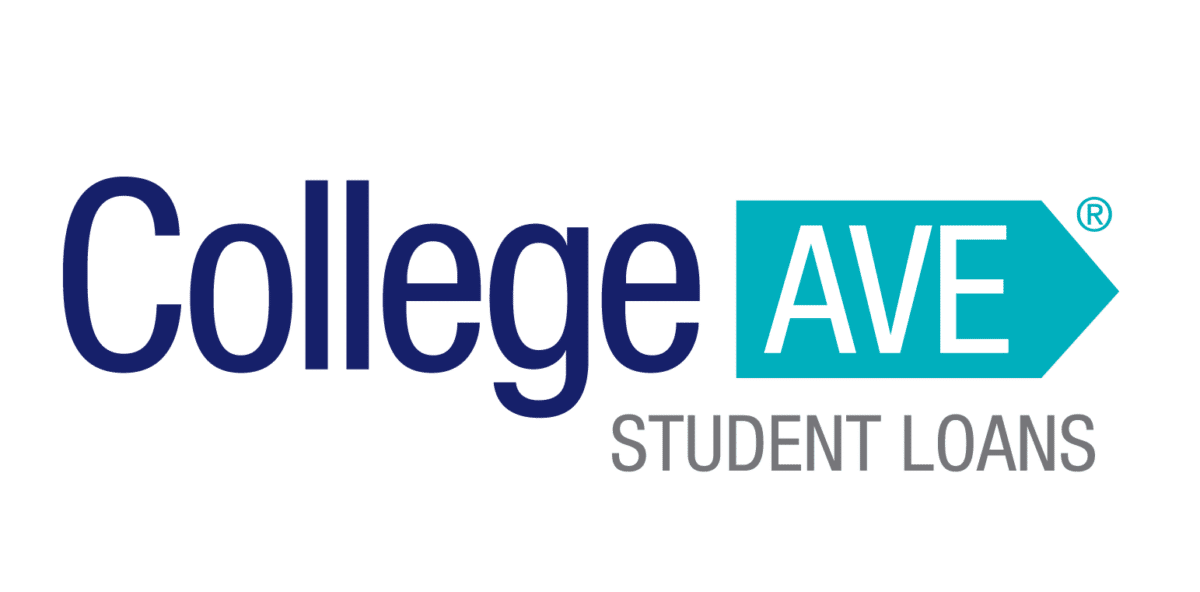
If you’re thinking about becoming a nurse, you’ve picked a great time to enter the field. The Bureau of Labor Statistics estimates that the nursing field will grow by 7% over the next 10 years, which is much faster than average. The median annual pay for nurses has also risen to over $75,330.
That’s great news. But nursing school can be expensive, especially if you’re considering an advanced nursing degree.
Related: Nurse Practitioner Salary: Is it Worth the Cost?
Depending on your situation, you may need to take out student loans for nursing school to cover tuition costs and enrollment. If so, you’ll want to make sure that you’re getting the best deal and apply for financial aid using FAFSA.
If you’re looking to take out nursing school loans, there are three main types of loans that you’ll want to consider — HRSA loans, federal loans, and private loans. Let’s take a closer look at all three and what they have to offer.
1. HRSA Nursing Loans
The Health Resources and Services Administration (HRSA) is the organization that oversees the Nurse Corps Loan Repayment Program, which helps pay off up to 85% of student debt for nurses who work in high-need areas.
But the HRSA also offers a couple of low-cost nursing student loans that may be worth looking into.
Nursing Student Loans (NSL)
The NSL program is intended to provide low-cost student loans to disadvantaged nursing students. To qualify for this program, you’ll need to attend a participating school and provide proof of financial need.
Nursing diplomas as well as associate, bachelor’s and graduate degrees in nursing are all eligible for NSL. Currently, NSL comes with an interest rate of 5% and a nine-month, 0%-interest grace period.
Nurse Faculty Loan Program (NFLP)
The HRSA wants to see more nurses pursuing graduate degrees in nursing to become qualified nurse faculty. That’s why it’s partnered with schools to provide graduate nursing students with affordable nursing school loans with a low-interest rate of 3%.
What’s really fantastic about this program, though, is that it offers partial loan forgiveness of up to 85% of the loan amount over four years. To qualify for the loan forgiveness, nurses need to obtain full-time employment as a teacher or instructor at an accredited nursing school or health facility after graduation.
2. Federal student loans
If neither of the HRSA nursing school loans seems appealing to you or you don’t qualify for them, federal student loans may be your next-best option. Federal student aid can help you score loans that qualify for student loan forgiveness programs.
Direct Subsidized Loans
If you have financial need, you may be able to qualify for a Direct Subsidized Loan. After you’ve sent in the necessary paperwork, the nursing school you’re attending will determine the amount you can borrow.
With Direct Subsidized Loans, the U.S. Department of Education pays the interest on your nursing student loans during the following three periods:
- While you’re in school at least half-time
- During your six-month grace period after graduation
- While you’re in a period of deferment.
Direct Subsidized Loans taken out between July 1, 2020 and June 30, 2021 will come with the following interest rates:
- Undergraduate Subsidized and Unsubsidized Direct Loans: 2.75%
- Graduate Direct Loans: 4.30%
- Graduate and Parent PLUS Loans: 5.30%
This is a decrease from 2019-20, during which the interest rates were:
- Undergraduate Subsidized and Unsubsidized Direct Loans: 4.53%
- Graduate Direct Loans: 6.08%
- Graduate and Parent PLUS Loans: 7.08%
If you qualify for a Direct Subsidized Loan, this could be the most affordable option available to you.
Direct Unsubsidized Loans

Direct Unsubsidized Loans come with the same interest rates as their subsidized counterparts. But there are a couple of main differences between the two:
- Direct Unsubsidized Loans are not need-based so you don’t have to demonstrate financial need.
- The federal government doesn’t pay the interest on these loans when students are in school or in their grace period, nor when loans are in deferment.
But the interest rates are still attractive on these nursing school loans. Plus, they qualify for income-driven repayment plans and Public Service Loan Forgiveness.
PLUS Loans
Direct Plus Loans could also be helpful for borrowers pursuing their nursing degree.
Parent PLUS Loans allow parents to help pay for the degree of their child. Additionally, Grad PLUS Loans are available for graduate students who have already borrowed up to the maximum amount via the Direct Loan program.
Direct PLUS Loans come with the following interest rates:
- 2020-21: 5.30%
- 2019-20: 7..08%
It’s important to note, though, that you’ll need to submit to a credit check when you’re applying for a Grad PLUS Loan. And if you have an adverse credit history, you may need to have a cosigner on the loan. The higher interest rates could add to the overall cost of student loan debt.
Public Service Loan Forgiveness for Nurses
Public Service Loan Forgiveness (PSLF) is a federal forgiveness program available exclusively for public servants. With PSLF, eligible borrowers can apply for forgiveness after making 120 qualified payments. Plus, no income tax is due on the forgiven amount.
What’s so great about PSLF for nurses is that you can qualify by finding employment at a nonprofit hospital. If you already have plans to work at a nonprofit hospital, you may want to strongly consider taking out federal student loans so you can pursue PSLF. Full-time nurses can work 10 years and get forgiveness.
Note: Parent PLUS loans don’t qualify for PSLF but can become eligible through Direct Loan Consolidation. Even so, eligibility is based on the parent’s employment, not the student’s.
3. Private student loans
You can pay for your nursing degree with private student loans as well. However, you won’t be eligible for any federal forgiveness programs with private loans, and you may have to start repaying your nursing school loans immediately.
But you may be able to get a better interest rate with a private lender than you can get with a federal loan. This could be especially true for graduate nursing school loans, since Grad PLUS interest rates (even with their upcoming drop) are still fairly high.
Each private lender will offer different benefits and have different repayment guidelines. Some may even offer special loans for nursing students.
Keep in mind that the interest rate you’re offered will be related to your credit standing. And if your credit isn’t great or you don’t have a credit history at all, you’ll most likely be required to have a cosigner.
If you’re looking for a private lender, we’ve done the homework on all of them to help you make an informed decision. Check out our complete list of private lenders.
| Lender Name | Lender | Offer | Learn more |
|---|---|---|---|
| Sallie Mae |

|
Competitive interest rates.
|
Fixed 4.50 - 15.69%
Variable 6.37 - 16.78%
|
| Earnest |

|
Check eligibility in two minutes.
|
Fixed 4.67 - 16.15%
Variable 5.87 - 18.51%
|
| Ascent |

|
Large autopay discounts.
|
Fixed 4.09 - 14.89%
Variable 6.22 - 15.20%
|
| College Ave |

|
Flexible repayment options.
|
Fixed 4.07 - 15.48%
Variable 5.59 - 16.69%
|

greetings to you sir,
my name is chuka ezeani, i wish to apply for a student loan in order to study nursing (adn) in the US. however, im having some difficulties doing it because its my first time and im inmy country, nigeria.
i will sincerely appreciate every support i can get to on this.
thanks
chuka
You’re going to need a US based cosigner. Perhaps a family friend or relative, who will cosign private loans for you as you cannot use the US based federal student loan system. So that means finding someone with good credit quality who will vouch for you. I wish you good luck with your goals! We definitely need more nurses.